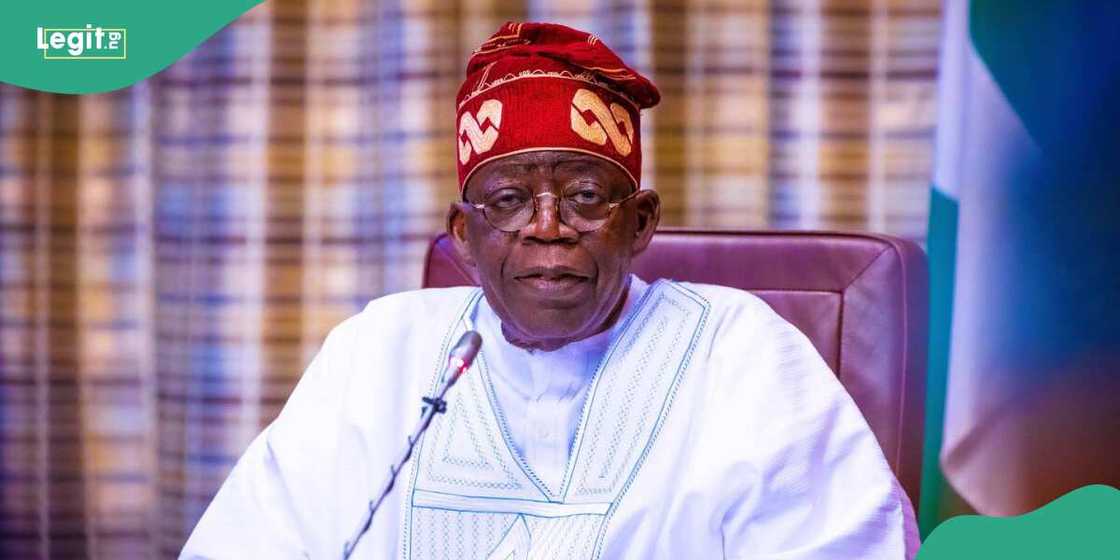Tinubu’s Govt to Introduce Cash Transfers to Families to Fight Out-of-School Children Scourge
- The federal government of Nigeria has introduced a new strategy focused on raising the overall standard of education
- On Wednesday, November 27, education minister, Tunji Alausa, declared open the stakeholders’ consultative dialogue on the Education Sector Renewal Initiative (ESRI) 2024–2027
- The top government official noted the importance of integrating out-of-school children into formal education
Legit.ng journalist Ridwan Adeola Yusuf has over 9 years of experience covering basic and tertiary education in Nigeria and worldwide.
FCT, Abuja - Amid the out-of-school children scourge, the Bola Ahmed Tinubu administration on Wednesday, November 27, said it will introduce conditional cash transfers.
The Nigerian Tribune noted this update in a report.

Source: Facebook
Tinubu's govt addresses bottleneck to universal education
According to authorities, the new cash transfer initiative is part of measures to increase school enrolment and reduce the high number of out-of-school children in Africa's most populous nation, Nigeria.
The conditional cash transfer initiative of the Tinubu government is to encourage parents to release their children for enrolment in schools, with the stipend helping to augment family income and the child’s education.
Other schemes to be adopted as mentioned by Tunji Alausa, minister of state for health and social welfare, include the integration of out-of-school children (OOSC) and Almajiri into formal education, school feeding programs, and Social and Behavioural Change Communication (SBCC) for the education of girls and vulnerable populations.
Speaking in Abuja while declaring open the stakeholders’ consultative dialogue on the Education Sector Renewal Initiative (ESRI) 2024-2027, Alausa said:
“As we all know, the education sector is filled with numerous challenges. As we are aware, infrastructural decay, funding issues, unreliable data intake, cutting, planning, poor capacity, development for teachers, and problems of out-of-school, we have one of the highest numbers of out-of-school children in the nation.
“As a ministry, we are committed to providing quality education to all Nigerians as enshrined in the Universal Declaration of Human Rights and the land as beautiful, which ensures inclusive, equitable, and quality education and the promotion of lifelong learning opportunities for all."
Education: Expert reacts to FG's new measure
Sharing his expert perspective, John Andah, the executive director of Abuja-based ImpactHouse Centre for Development Communication, said although the move is commendable, there must be measures in place to check its potential abuse.
Another concern, according to Andah, is the sustainability of the initiative.
He told Legit.ng:
"Where would the funds come from? For how long would this last? What happens when the conditional transfer ends? This is a government that is currently underfunding the sector. This is a social development issue. And in as much as poverty contributes to dropout, the government needs to work on economic enablers by creating specialised credit products that can nurture more small and medium-sized enterprises (SMEs)."
Out-of-school children in Nigeria now 18 million
Earlier, Legit.ng reported that the United Nations Children’s Fund (UNICEF) decried the increasing number of out-of-school children in Nigeria, saying it is now 18.3 million.
UNICEF bemoaned the development and noted that this alarming figure positions Nigeria as the country with the highest number of out-of-school children globally.
Tushar Rane disclosed this information during a two-day Regional stakeholders engagement meeting in Gombe state.
PAY ATTENTION: Сheck out news that is picked exactly for YOU ➡️ find the “Recommended for you” block on the home page and enjoy!
Source: Legit.ng




